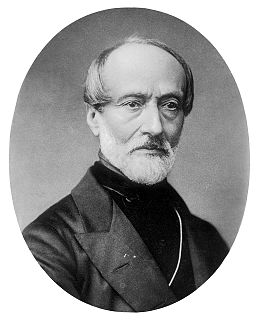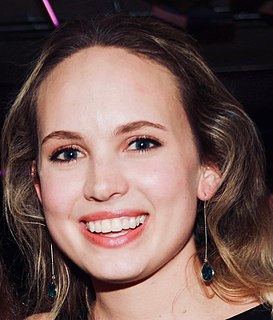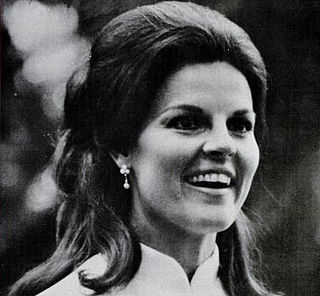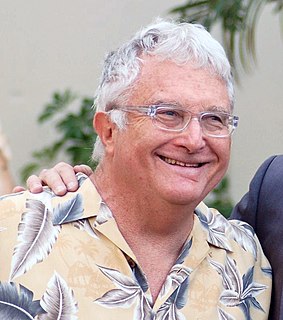A Quote by Rabih Alameddine
By remaining constrained in one's environment or country or family, one has little chance of being other than the original prescription. By leaving, one gains a perspective, a distance of both space and time, which is essential for writing about family or home, in any case.
Related Quotes
We build deep and loving family relationships by doing simple things together, like family dinner and family home evening and by just having fun together. In family relationships love is really spelled t-i-m-e, time. Taking time for each other is the key for harmony at home. We talk with, rather than about, each other. We learn from each other, and we appreciate our differences as well as our commonalities. We establish a divine bond with each other as we approach God together through family prayer, gospel study, and Sunday worship.
O my Brothers! love your Country. Our Country is our home, the home which God has given us, placing therein a numerous family which we love and are loved by, and with which we have a more intimate and quicker communion of feeling and thought than with others; a family which by its concentration upon a given spot, and by the homogeneous nature of its elements, is destined for a special kind of activity.
I've also never written about home in this way before. I guess a lot of it is subconscious and I am intuitively making these decisions when I'm writing. I wanted to communicate in the book that on one hand, being at home - both in our homes and in DeLisle - gives us a sense of belonging and family and safety, but at the same time, being in those places makes us less safe.
[I]n Africa I was a member of a family—of a sort of family that the people of your culture haven't known for thousands of years. If gorillas were capable of such an expression, they would tell you that their family is like a hand, of which they are the fingers. They are fully aware of being a family but are very little aware of being individuals. Here in the zoo there were other gorillas—but there was no family. Five severed fingers do not make a hand.
My family came to Australia on the First Fleet. My family’s been in that country for a long time, over 100 years. If your family’s lived in Australia for a long time, everyone has a little bit of [Aborigine blood]. I know my family does because we have an eye condition that only Aboriginal people have.
n terms of the logistics of that from a title perspective, we have not talked about that nor do we typically care very much. We're not large on bureaucracy. My brothers and I said to each other when we started in this business that as a collective we can do far more than any one of us can do individually. And that's really what guides our relationship - this sense of camaraderie. And it is a family business, and we work together collaboratively as a family.
When we talk about something like student loans, what we should be talking about is the fact that every American wants their kids to do better than we have done. If we can get that, the other thing we'd really like is for our kids to be able to come home and raise their kids in the community where we raised them. What unites all of us, no matter where you live in the country, is we want our family to be safe, we want the next generation in our family to be more successful than us, and we would like our family to be close together.
The hardest part about what I do, the most vulnerable place is my relationship with my family and Sara, my amazing partner, because I'm leaving a lot. And as a touring artist, I'm constantly coming and going, but also when I'm at home, my studio's at home. I'm leaving to go into a music world in my head.
My family life reads a bit like 'Little House on the Prairie.' I was big sister to Joan, Renee, and brother William, and we grew up in Dalkey, a little town 10 miles outside of Dublin. It was a secure, safe and happy childhood, which was meant to be a disadvantage when it comes to writing stories about family dramas.








































